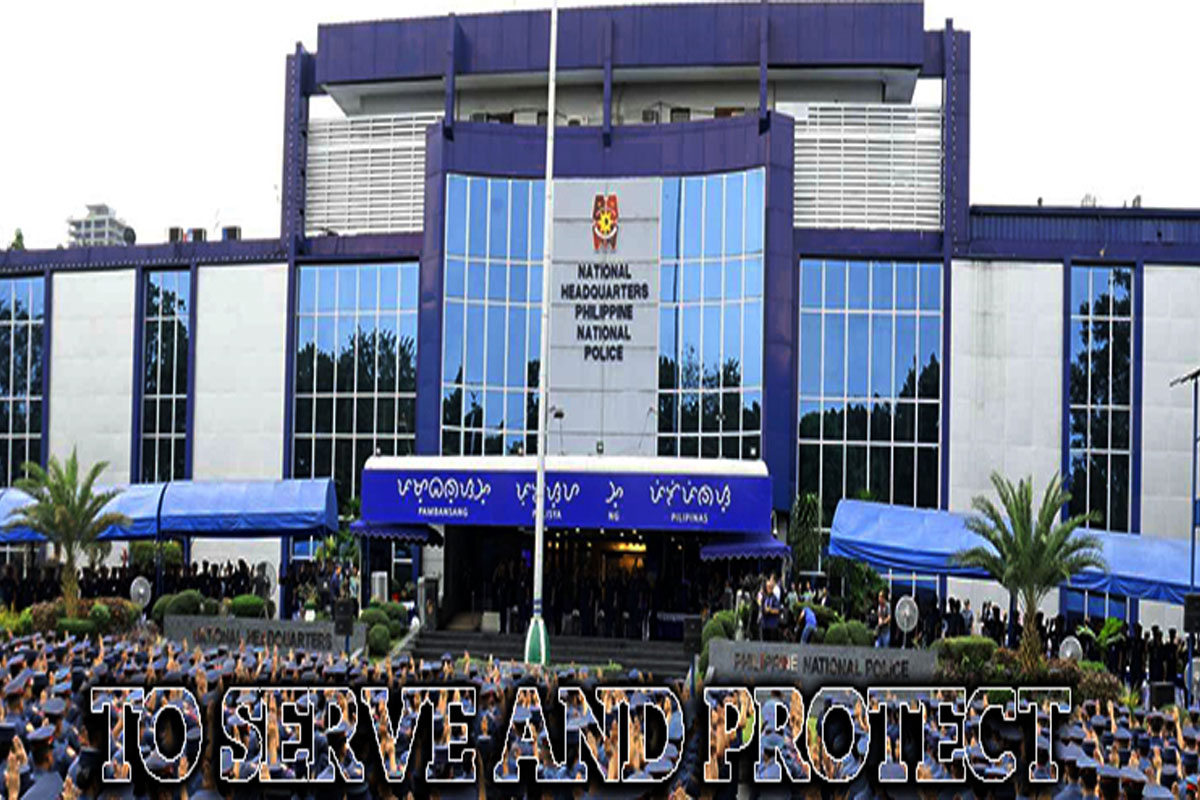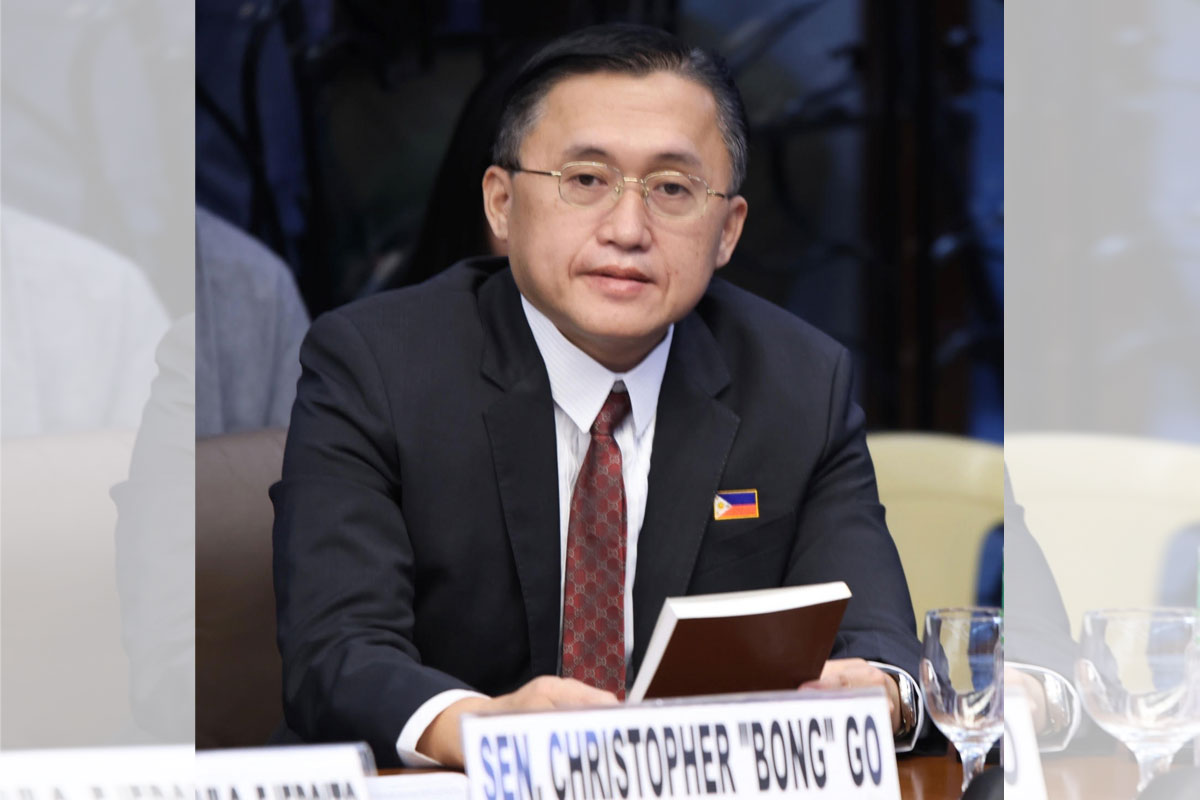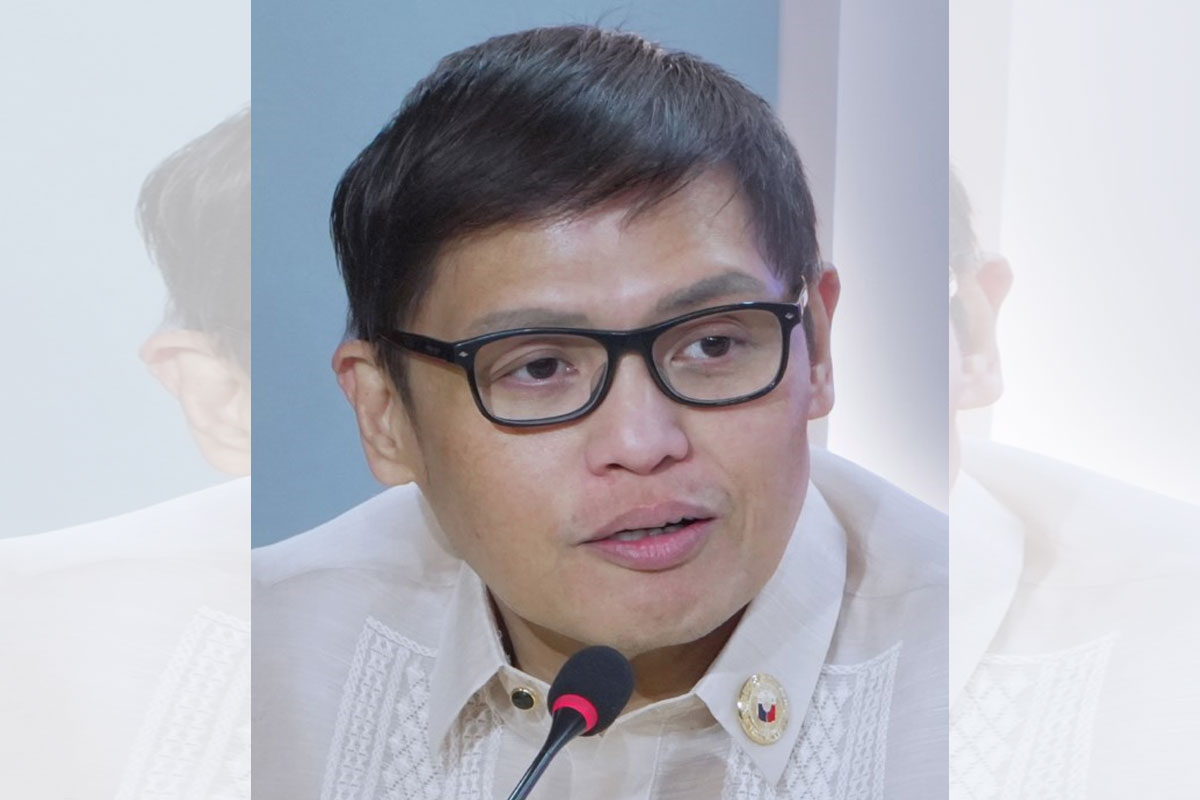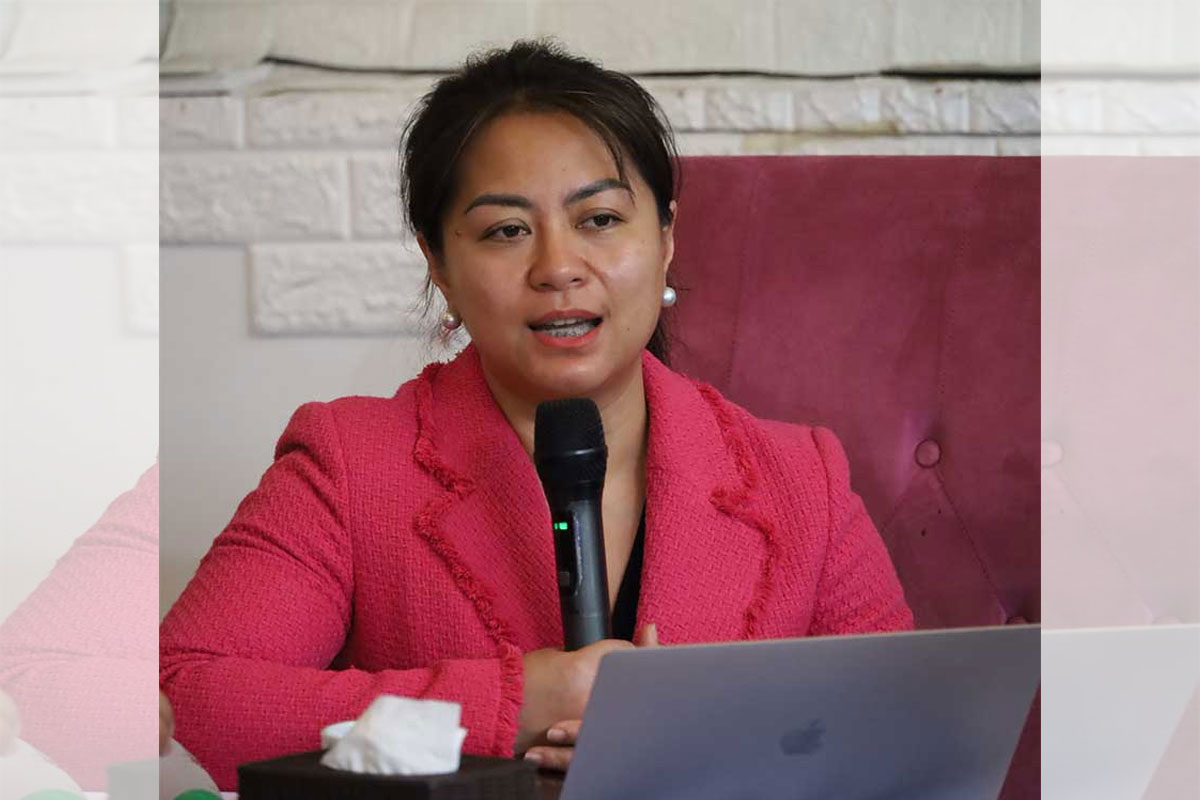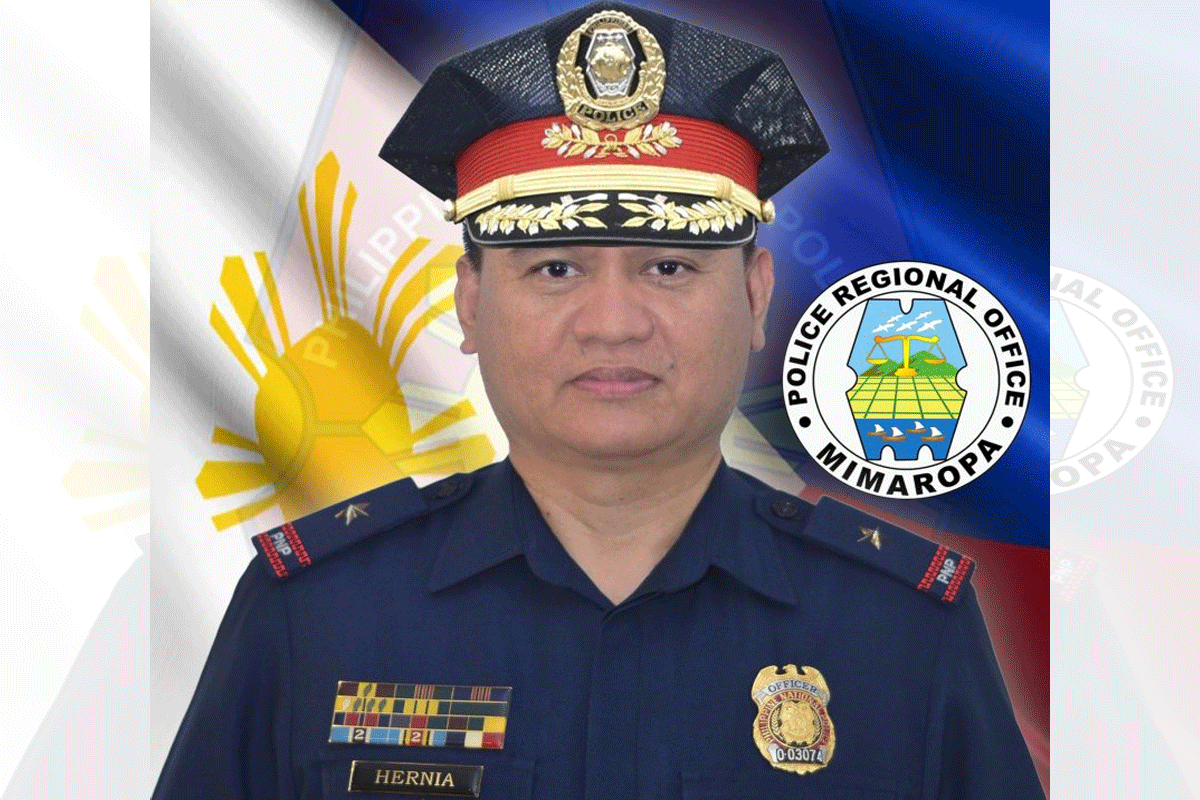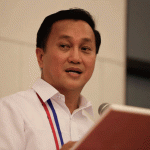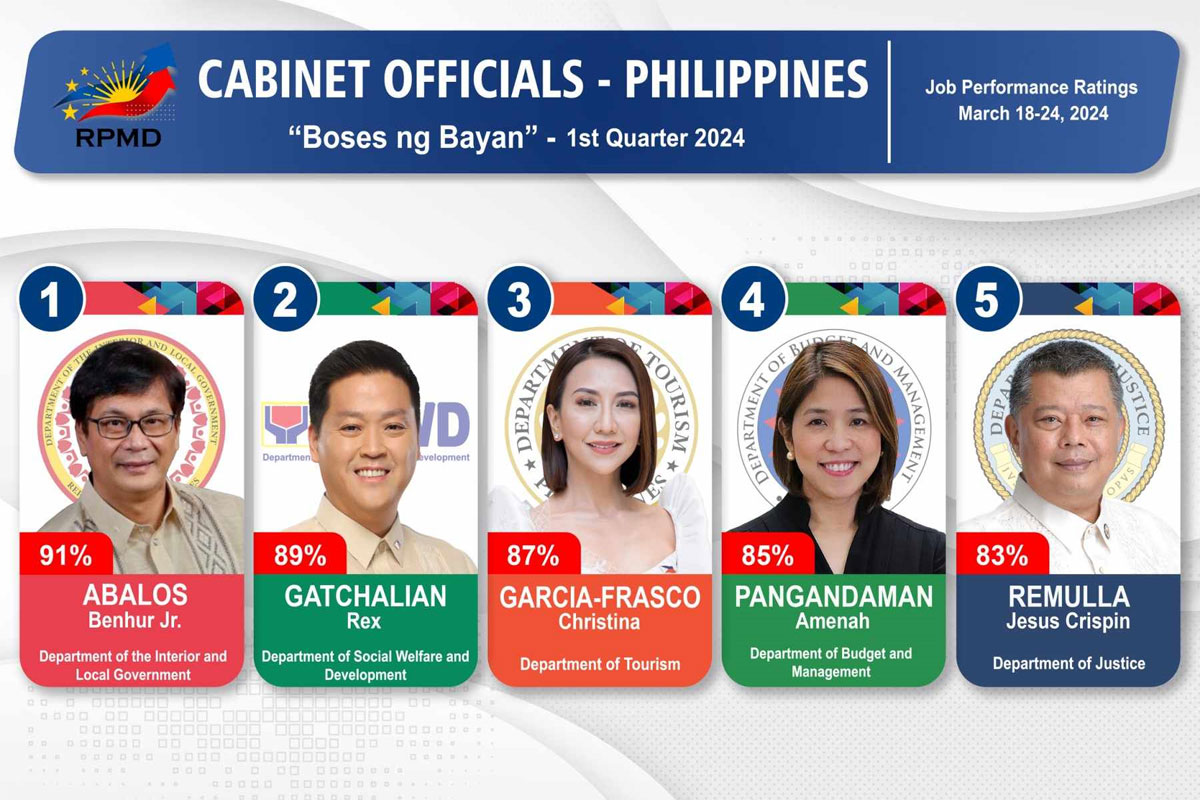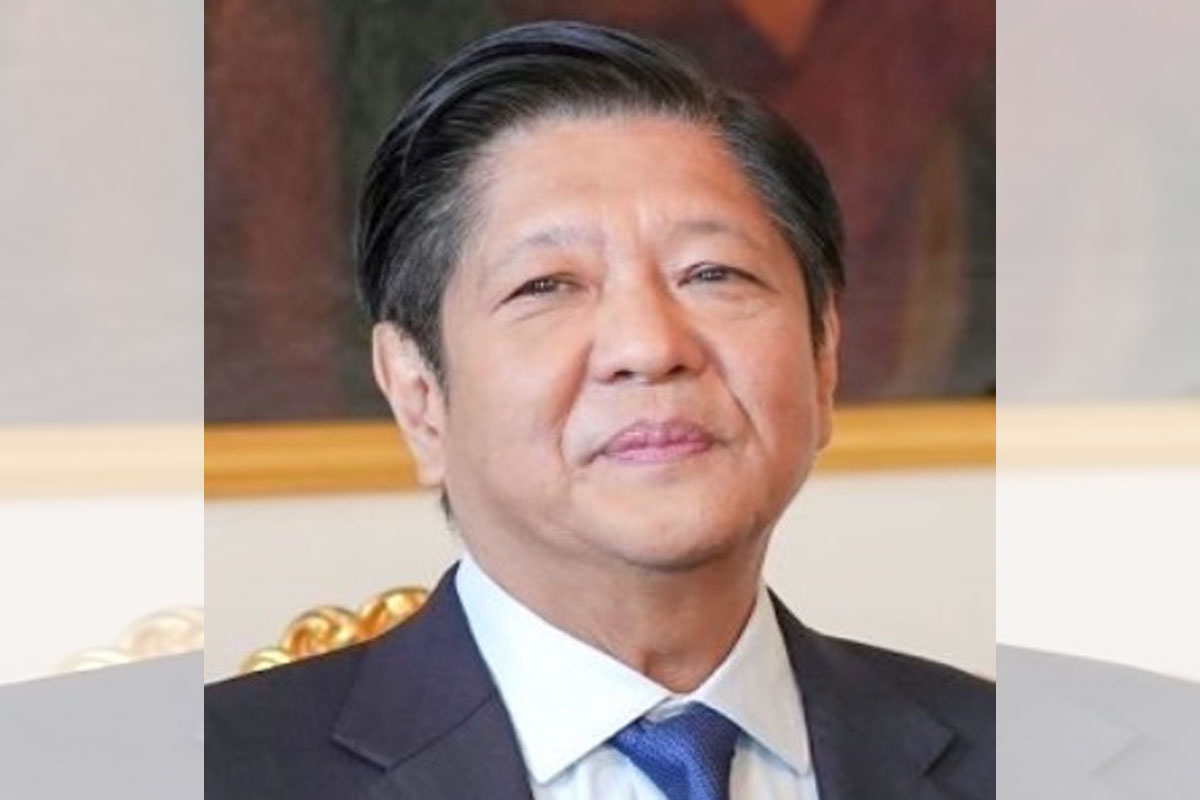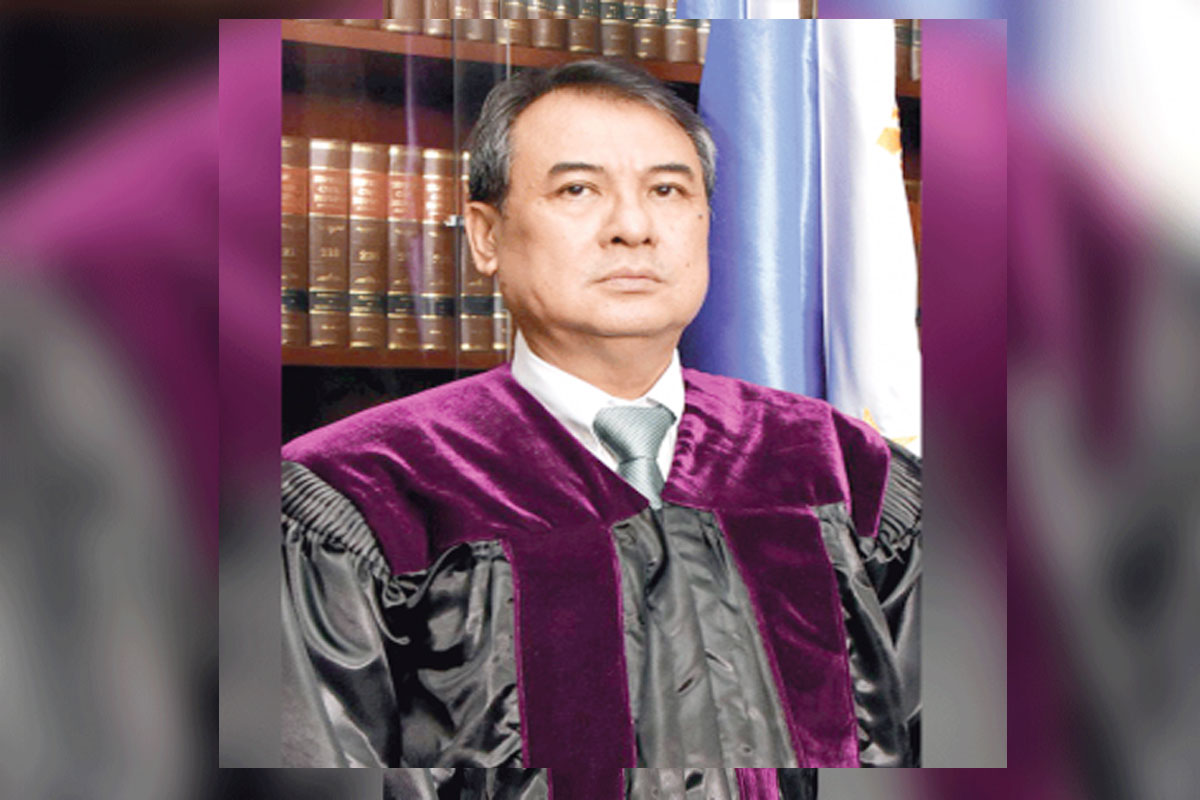
IBP supports SC’s quest to reform Bar exams
THE Integrated Bar of the Philippines on Thursday expressed support to the Supreme Court’s bid to make Bar examinations more equitable through digitalization and localization.
“The 2020-2021 Online Bar Examinations is just one of the initiatives undertaken by the Supreme Court in harnessing technology to facilitate the speedy dispensation of justice and increased accessibility between the courts and the public,” the IBP said.
The IBP congratulated the examinees, who, despite the COVID-19 pandemic, still persevered to become members of the Bar.
Last month, Chief Justice Alexander G. Gesmundo announced the plan of the Supreme Court to continue the Bar examination’s digitalized format by urging the academe to adapt to technological advancements.
During the hybrid launching of the Legal Education Advancement Program (LEAP) of the Legal Education Board (LEB), Gesmundo called on the academe’s support to the Court’s efforts towards digital transformation.
“To sustain the momentum of this digital shift, the Court will pursue the conduct of all succeeding Bar Examinations in a computerized format, a long overdue innovation, to align with our Strategic Plan’s drive towards running all of the judiciary’s adjudicative and administrative systems digitally. Thus, I earnestly enlist the Legal Education Board, the Philippine Association of Law Schools, and our esteemed law deans to adopt the necessary change in policies and methodologies as the Court fully transitions to this new platform for administering the Bar Examinations,” Gesmundo said.
For his part, Associate Justice Ramon Paul L. Hernando, chairperson of the Committee on Bar Reform, echoed the statement of Gesmundo.
He said: “If we are to see the day that our newly-minted legal professionals would become productive players and attuned to the needs of our society from the outset, we obviously need to look forward by coupling our academic focus with the realities of active practice. I see this plainly in the LEAP.”
Gesmundo underscored the need to push for a fully functional and efficient justice system by advancing the country’s legal education, a commitment he had categorically promised shortly upon his appointment last year.
Gesmundo said the SC’s Technical Working Group on Implementing the Recommendations from the Legal Education Summit (LES) of 2019 has already commenced its work to propose revisions to Rule 138 of the Rules of Court.
Gesmundo said among these “exciting changes” to look forward to are changes on the requirements for admission to the Bar, under Rule 138, including the revisions of (a) examination subjects; (b) weight of the subjects; (c) schedule of Bar Examinations; (d) completion of certain mandatory courses for applicants to the Bar Examinations; and (e) the proposed methodology for administering the Bar Examinations; the institutionalization of a certification program for law students who have completed a given number of units, which will allow them to render a limited number of services; and the provision of a Bar Manual to make the examinations easier to administer, more streamlined, and consistent from year to year.









